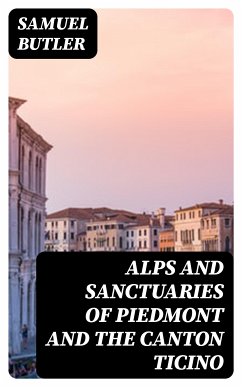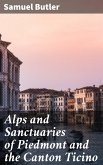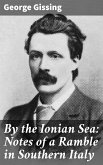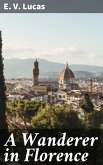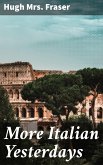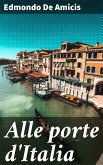In "Alps and Sanctuaries of Piedmont and the Canton Ticino," Samuel Butler embarks on an evocative journey through the stunning landscapes and spiritual sanctuaries of the Italian Alps and the Canton Ticino in Switzerland. Written in an engaging style that marries travelogue with reflective essay, Butler combines vivid descriptions of natural beauty with penetrating insights into the cultural and religious significance of the region's artistic monuments. Set against the backdrop of the mid-19th century, a period marked by a burgeoning romanticism and a quest for authenticity in art and spirituality, the book serves both as a geographical exploration and a meditation on the human condition in the face of sublime nature. Butler, an English novelist and critic with a keen interest in art and philosophy, was profoundly influenced by his experiences in Italy and the Alps. His observations often reflect his broader critiques of social conventions and religion, echoing his distinct views on individualism and skepticism. This trip was part of Butler's larger intellectual odyssey, as he sought to reconcile his artistic aspirations with a deep appreciation for nature, providing a richer context for his literary endeavors. I highly recommend "Alps and Sanctuaries of Piedmont and the Canton Ticino" to readers interested in travel literature that transcends mere description. Butler's explorations are woven with philosophical reflections, making it a significant text for those curious about the interplay between environment, culture, and spirituality. It invites you to not only experience the breathtaking landscapes but to also contemplate the deeper questions of existence that they inspire.
Dieser Download kann aus rechtlichen Gründen nur mit Rechnungsadresse in A, B, BG, CY, CZ, D, DK, EW, E, FIN, F, GR, H, IRL, I, LT, L, LR, M, NL, PL, P, R, S, SLO, SK ausgeliefert werden.

